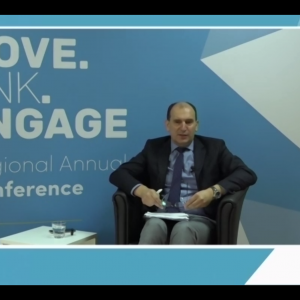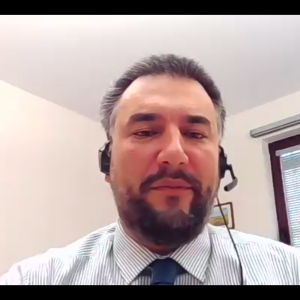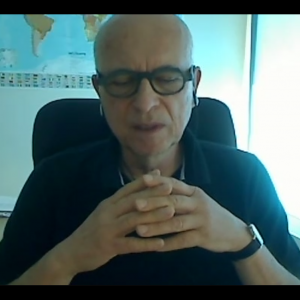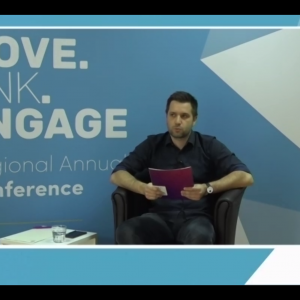What is the role of the Western Balkans countries in the implementation of the new development policy of the European Union, how did the pandemic affect the process of European integration and whether the EU response to the current crisis was adequate and timely – were questions on which participants of Move.Link.Engage conference gave answers. The second day of the conference was marked by Vladimir Bilčik, Member of the European Parliament, Dušan Reljić, Head of the Brussels Office of the German Institute for International Relations and Security Affairs, Marija Desivojević Cvetković, Senior Vice President for Strategy and Development at Delta Holding, Duško Vasiljević, World Bank Expert and Milivoje Jovanović, President at Association of entrepreneurs “Start Up for Your Business”.
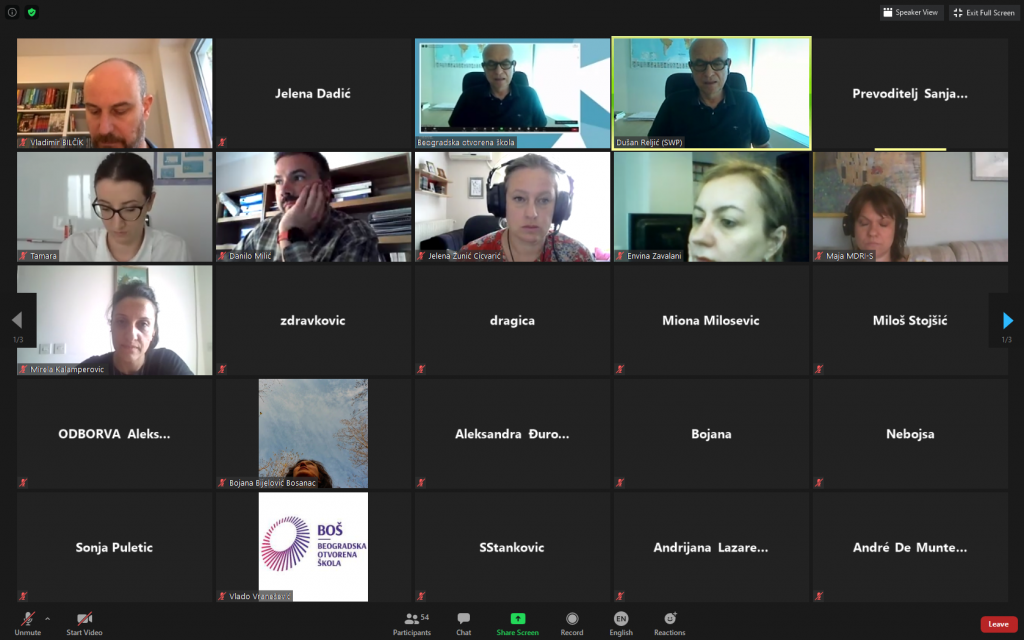
At a time that stands out as crucial for further relations between the EU and candidate countries, it is necessary to focus on political elites and governments that have captured states and deprived citizens of the right to participate. Although the citizens in these countries mostly support EU membership, it is necessary for political elites and decision-makers to show greater commitment to the integration process, which would significantly affect the perception of the Western Balkans within the EU, Bilčik pointed out. The EU should not only remain a lighthouse of solidarity but also Western Balkans must be recognized as an integral part of the Union. These are the most important messages that must be clearly addressed because enlargement is the only sustainable strategy for the Western Balkans. If it wants to show solidarity, the EU should provide equal access to resources and equal treatment to all citizens from these countries, and whether that will really be the case remains to be seen in the upcoming months – was the conclusion of the conversation between Bilčik and Reljić, moderated by Milorad Bjeletić, Executive Director of the BOS.
Whether and how many companies will be able to employ in the next period, what are the predictions for the Serbian economy, and whether the crisis has opened new opportunities for cooperation – were some of the questions to which we also sought answers within the next panel. The pandemic has particularly affected the economy, so the total value of aid packages
at the global level is currently 10,000 billion dollars, while the world public debt amounts to 101% of the total world GDP. The adaptability of national governments and public sector was inevitable, as well as transformation of private and civil sectors. Business community has not only adapted, but almost completely changed the way it does business, but certain sectors have suffered huge losses such as hospitality industry and tourism. Therefore, partnership and solidarity of all sectors is currently one of the key issues.
Regard this, it is necessary for the states to take targeted measures of economic aid in order to eliminate the consequences of the crisis and help small and medium enterprises, and by that indirectly influence the companies that do business with them. It is important to influence not only the sustainability of the business, but also invest resources in employees. The conclusion of this discussion was that solidarity and cross-sectoral partnership are of key importance in overcoming the economic consequences of the pandemic both in Serbia and in the Western Balkans region. Sessions of the last day of the conference, September 23rd, will open discussions on youth employability and local sustainable development in terms of just energy transition in coal-reliant communities.
The sixth annual regional conference Move.Link.Engage is organized online from September 21 to 23 in Belgrade under the title Development for Real: Partnership, Solidarity and Responsibility in Post-COVID 19 era. The focus of this year’s discussion is the European Union’s response to the pandemic, presentation of the key features of the EU’s recovery plan, and exploring the impact of recent developments on the EU perspective of the Western Balkans. The aim of the conference is to provide additional support and concrete solutions to civil society in the context of regional partnership, solidarity and responsibility. The conference is organized by the Belgrade Open School, from September 21st to 23rd, with the support of the Kingdom of Sweden through the Zoom platform. More information can be found here.
